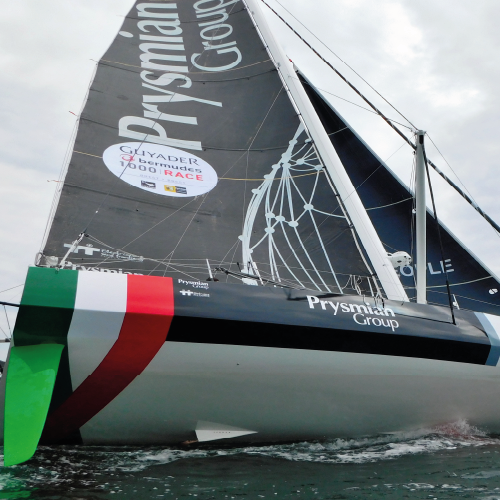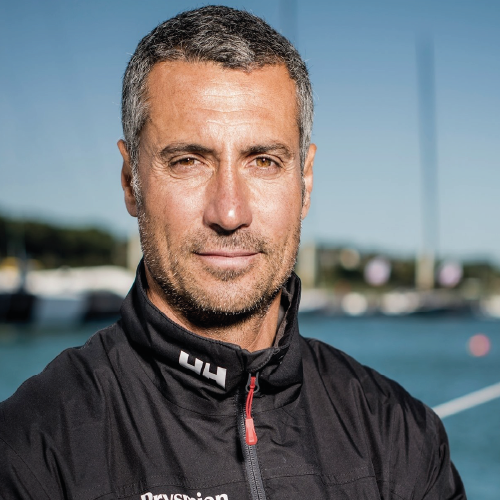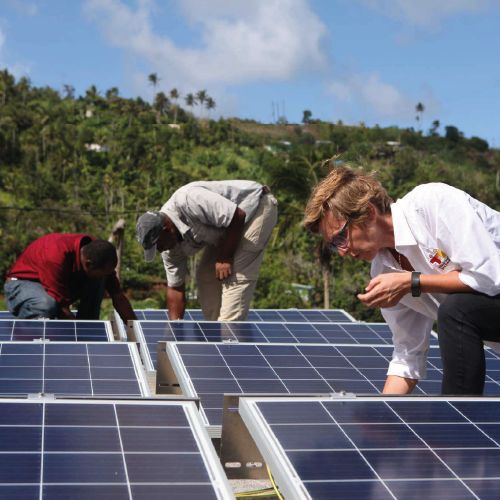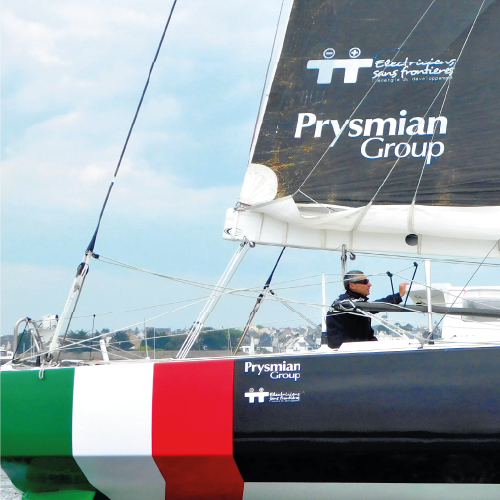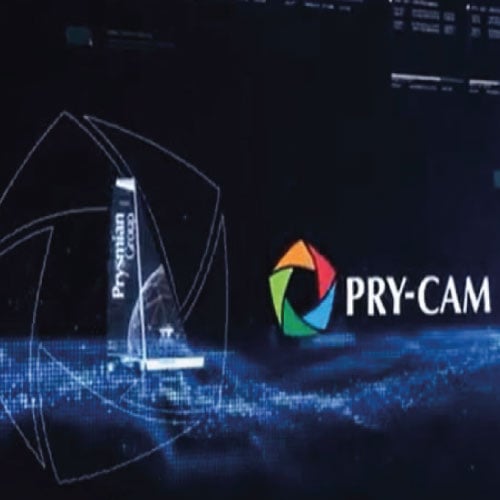Prysmian Ocean Racing
Sailing partnership
Presentation
The partnership between Prysmian Group and Giancarlo Pedote dates back more than ten years ago.
Together, they have won important victories aboard several types of boats, such as: second place in the 2013 Mini Transat, two first places in the world rankings in the Mini category, two “Champion de France Promotion Course au Large en Solitaire” medals. », two “Sailor of the Year” titles as well as the Multi50 victory in the Transat Jacques Vabre in 2015.
By participating in the Vendée Globe, Prysmian Group and Giancarlo Pedote are now taking on a new challenge that goes beyond that of sport by becoming ambassadors of positive values that distinguish them internationally.
Races
2024 Season:
- Transat CIC Lorient: April 28
- Défi Azimut-Lorient Agglomération: September, 10th- 15th
- Vendée Globe Sables d’Olonne: November, 10th (departure)



